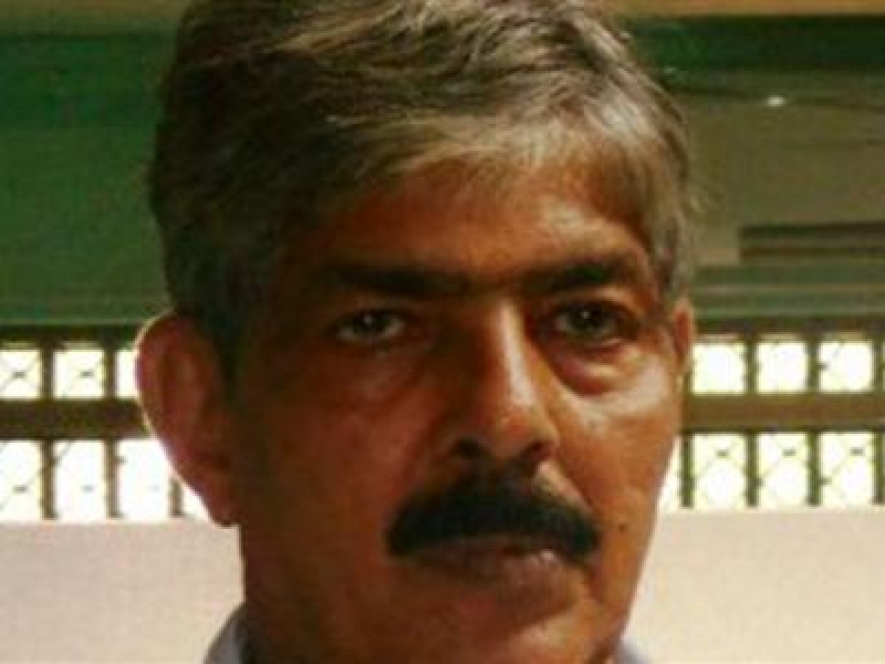In an interview with the Sunday Observer, the Short Term Chair of Colombo University’s Centre for Contemporary Indian Studies, Prof. Sharma has said blaming RAW for political electoral engineering and bringing in a regime change was an ‘affront to the socio-political intelligence of Sri Lankan people’.
He has been responding to a question if there was credibility to the theory that RAW engineered the ousting of former President Rajapaksa, an allegation whipped up by the defeated party.
He has said, “These serious democratic deficits led to a silent and unspoken understanding between the vibrant middle-class, robust media, and civil society in Sri Lanka to change the regime for a more democratic, transparent, accountable, and corruption-free governance.”
Praising Sri Lanka for the establishment of strong democratic institutions, Prof. Sharma has said it was more important that the spirit of democracy had been successfully inculcated among its people. ‘This indeed is not so common in South Asian countries,’ he said.
Prof Sharma also has said that commercialised security ventures such as Avant Garde Maritime Security Service which maintained a floating armoury off the Galle coast, could be a potential threat to regional security.




















